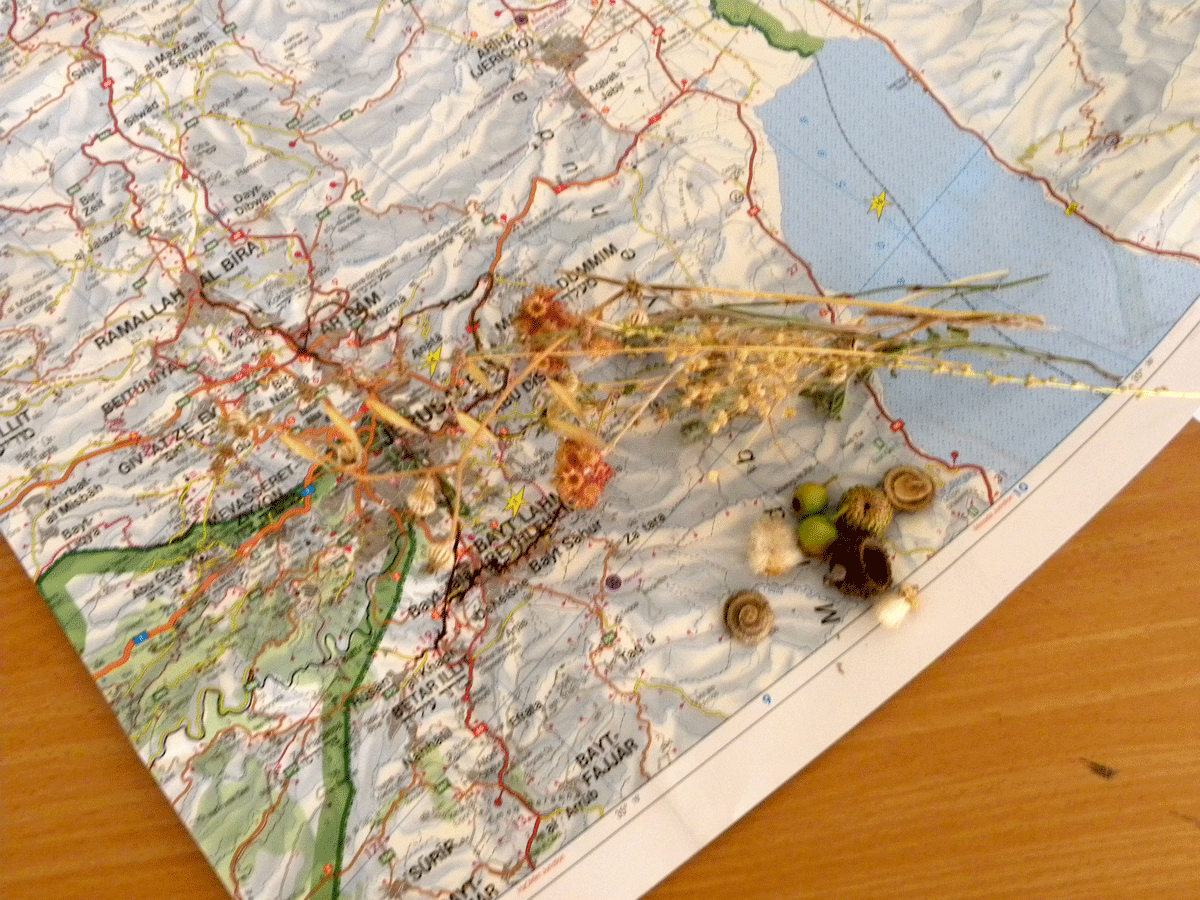Sharing knowledge and building capacities to empower local communities and promote critical thinking.
The transmission, acquisition, creation and adaptation of information, knowledge, skills and values are key levers of sustainable development and community empowerment processes. Knowledge and skills are not only about work; they also serve to create essential social purposes, and are crucial for the building of fair and more equitable societies.
In recent years, it has been recognized that traditional and local knowledge, as well as non-formal and informal learning settings, represent valuable and untapped resources for sustainable socio-economic and cultural development processes, while constituting important sources of innovation that can be used to sustainably upgrade people’s livelihoods in the communities.
The enhancement and reinforcement of knowledge and skills represent sound means for innovative solutions to the problems of sustainable development, making people more aware and knowledgeable about environmental and heritage issues. By contrast, their lack represents an obstacle to critical social participation, inclusion, integration and responsible citizenship, resulting in serious constraints for sustainable governance and development processes.
It is therefore important to promote and sustain the transmission, reinforcement and valorization of knowledge and skills through the recognition, validation and capitalization of all learning settings.
- Human capital, local knowledge and skills development
- Reviving and utilizing Local Know-hows
- Formal and informal education
- Technical Vocational Education and Training
- Decent Jobs

